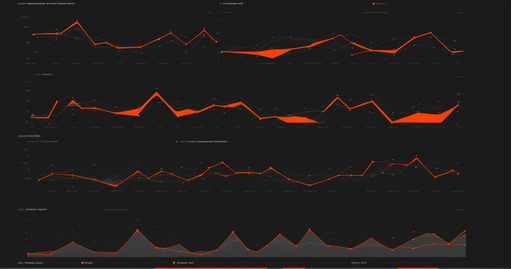Rising Costs and Hidden Fees on Shopify: Many businesses initially choose Shopify for its simplicity, but over time they encounter escalating costs. Monthly subscriptions, app add-ons, transaction fees, and third-party integrations can quickly inflate the total cost of ownership. For growing stores, Shopify’s pricing tiers force merchants into expensive plans just to access basic features like advanced reporting or lower payment fees. Additionally, Shopify Payments locks users into a specific gateway, and using alternatives comes with extra charges. This pricing model becomes unsustainable for small to mid-sized businesses trying to scale profitably. B101 Ecommerce, by contrast, offers transparent flat pricing with full feature access, giving merchants financial predictability and better ROI.
Platform Limitations That Stifle Growth: Shopify works well for standard ecommerce use cases, but its rigid architecture can limit ambitious or growing brands. Custom workflows often require paid apps or workarounds, and even then, some key features like multivendor support, multilingual flexibility, or complex B2B pricing rules are not supported natively. Merchants looking to expand internationally or offer personalized experiences often hit a wall. B101 Ecommerce was built to overcome these limitations, offering built-in support for international currencies, language packs, wholesale pricing, digital goods, subscriptions, and advanced automations—all without requiring third-party plugins. The platform is flexible enough to adapt to unique business models without compromise.
Migration Made Easy with B101 Support: One of the biggest concerns for businesses considering a switch from Shopify is the complexity of migration. B101 eliminates that fear with hands-on migration services, automated import tools, and white-glove onboarding. Merchants can move their product catalogs, customer data, order histories, and even SEO-friendly URLs with minimal downtime. B101 engineers assist throughout the process, ensuring the transition is smooth, secure, and complete. Since the platform is built for flexibility, it also supports legacy data structures and custom logic, making it ideal for businesses with complex needs. For those who have felt locked into Shopify, B101 provides a clear exit ramp and a better long-term home.
Greater Control, Branding, and White-Labeling: On Shopify, merchants often feel confined by platform branding, template limitations, and app dependency. Customizing checkout flows or integrating directly with internal tools requires jumping through API hoops or paying for developer time. With B101 Ecommerce, businesses enjoy full control over their storefront, backend logic, and integrations. Whether you want a custom theme, headless setup, or native mobile app, B101 supports it. The platform is also white-label friendly, meaning agencies and brands can offer ecommerce under their own name. For businesses that need more than just a cookie-cutter store, B101 offers the control and branding freedom that Shopify lacks.
A Scalable, Global-Ready Ecommerce Future: B101 is designed for scale and built for global commerce. It supports unlimited products, variants, and stores, making it ideal for enterprises and growing D2C brands. Features like offline-first apps, edge hosting, CDN support, and integrated analytics provide speed and resilience, even under high traffic. Built-in payment integrations with 350+ global providers, including local wallets and crypto, help merchants serve international markets with ease. Shopify’s ecosystem, while large, cannot match the depth of native features and flexibility B101 provides. As more businesses look to reduce dependency on restrictive platforms, B101 emerges as a powerful, future-proof alternative that grows with your ambition.




